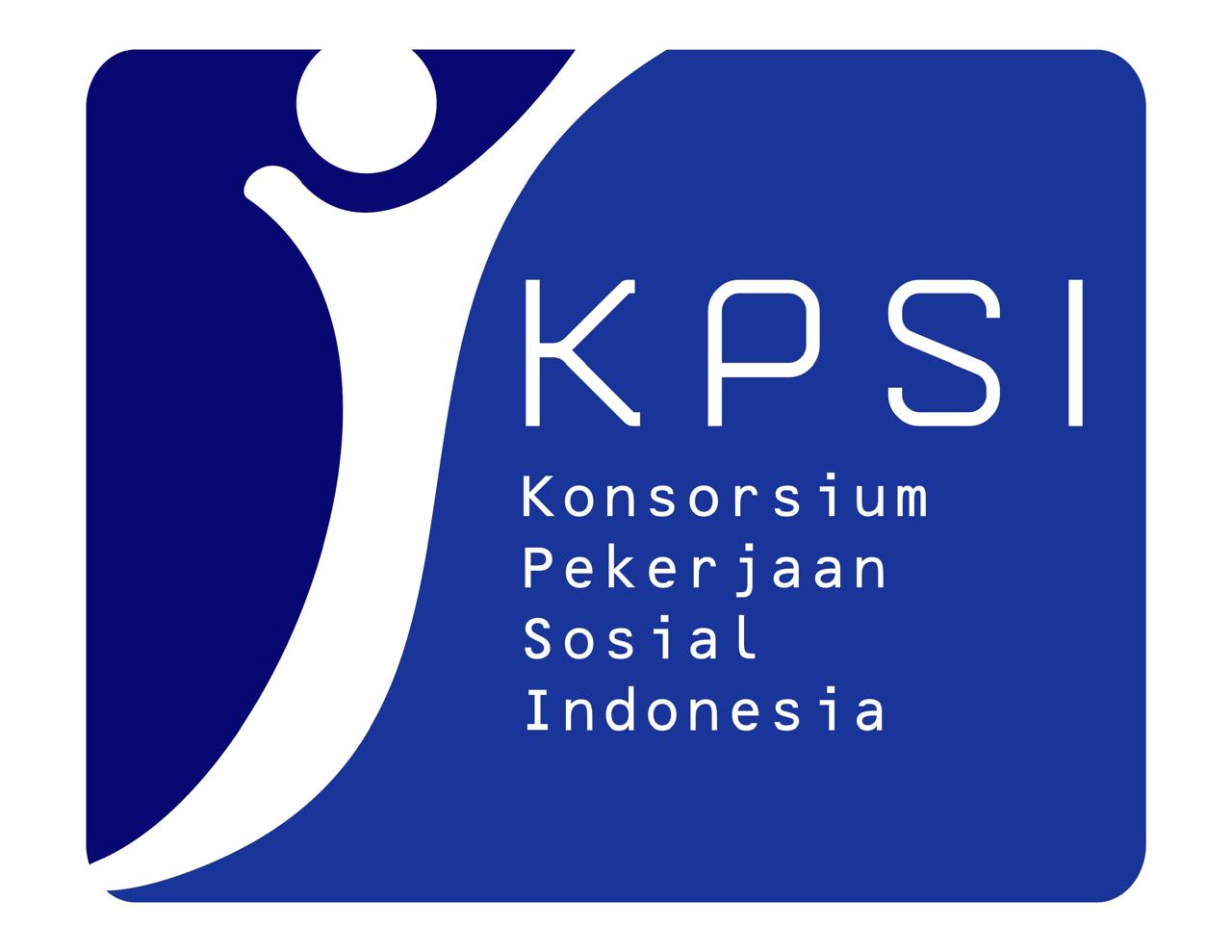Using the ‘Circle of Care’ to Strengthen Families for Their Reintegration After Transition Away from Institutional Care
DOI:
https://doi.org/10.58671/aswj.v13i1.59Keywords:
Aftercare, Care Leavers, Case Studies, Resilience, Care Institutions, IndiaAbstract
A safe family environment is held the best place for children to grow to their full potential. However, it has been observed that there has been an increasing trend in children without parental care still living in Child Care Institutions (CCI), although majority of them having one or both parents living and could be easily reunited. The Supreme Court’s Directive to the CCIs during the Covid-19 pandemic to send children living with them back to their families in an attempt to prevent the spread of the virus amongst children, saw many children being reunited with their families. But the reintegration proved to be a challenge for both the children and their families during this crisis. The efforts of the organisation Udayan Care in this regard, led to the initiation of the family strengthening project FiT, Families Together in the year 2021, to assure effective reintegration of the restored children with the families and to prevent their re-separation. The paper discusses provides an overview of the on-ground practices, its evidence-backed framework for re-integration, the Circle of Care approach and the necessary interventions under different domains, while also sharing some of the case studies from the project beneficiaries highlighting the impact of the inclusive care approach.
References
Chege, N., & Ucembe, S. (2020). Kenya’s Over-reliance on institutionalization as a child care and child protection model: A root-cause approach. Social sciences, 9(4), 57.
Colvert, E., Rutter, M., Beckett, C., Castle, J., Groothues, C., Hawkins, A., Kreppner, J., O’connor, T. G., Stevens, S., & Sonuga-Barke, E. J. S. (2008). Emotional difficulties in early adolescence following severe early deprivation: Findings from the English and Romanian adoptees study. Development and Psychopathology, 20(2), 547–567.
Ellis, B. H., Fisher, P. A., & Zaharie, S. (2004). Predictors of Disruptive Behavior, Developmental Delays, Anxiety, and Affective Symptomatology among Institutionally Reared Romanian Children. Journal of the American Academy of Child & Adolescent Psychiatry, 43(10), 1283– 1292.
Duschinsky, R., Skinner, G., Reijman, S. (2020). The impact of institutionalisation and deinstitutionalisation on children’s development – A systematic and integrative review ofevidence from across the globe. The Lancet Psychiatry https://doi.org/10.1016/S2215-0366(19)30399-2
Jain, Vikram, Subhash Chennuri and Ashish Karamchandani, (2016) “Informal Housing,Inadequate Property Rights”.
Maclean, K. (2003). The impact of institutionalisation on child development. Development and Psychopathology, 15(4), 853-884.
MOSPI, Ministry of Statistics and Programme Implementation. (2018). Children in India-A statistical appraisal https://www.im4change.org/docs/189Children_in_India_2018_A_Statistical_Appraisal.pdf
Pandit, A. (2020). Nearly 64 % children in child care institutions restored to families since SC order in April. The Times of India. https://timesofindia.indiatimes.com/india/nearly-64-children-in-ccis-restored-to-families-since-sc-order-in-april/articleshow/79584157.cms?utm_source=contentofinterest&utm_medium=text&utm_campaign=cppst
Ramaswamy, S. & Seshadri, S. (2020). The deinstitutionalisation debate in India: Throwing the baby out with the bathwater? Scottish Journal of Residential Child Care, 19 (1). United Nations. (2019). In Focus: Keeping Families Together: Europe and Central Asia.
https://www.unicef.org/eca/media/3661/file/in-focus-keeping-families.pdf
Vorria, P., Papaligoura, Z., Dunn, J., Van IJzendoorn, M. H., Steele, H., Kontopoulou, A., & Sarafidou, Y. (2003). Early experiences and attachment relationships of Greek infants raised in residential group care. Journal of Child Psychology and Psychiatry, 44(8), 1208-1220.
Willi, R., Reed, D., Houedenou, G. (2020). An evaluation methodology for measuring thelongterm impact of family strengthening and alternative child care services: the case of SOS Children’s villages. International Journal of Child, Youth and Family Studies, 11(4.1), p.7–28
Wilke,N.G., Howard, A.H., Todorov,S., Bautista,J., Medefind, J. (2022). Antecedents to Child Placement in residential care: A systemic review. Institutionalised Children Explorations and Beyond, 9(12,), p. 188-201.
Downloads
Published
How to Cite
Issue
Section
License
Copyright (c) 2024 Gurneet, Kiran Modi , Leena Prasad

This work is licensed under a Creative Commons Attribution-NonCommercial-ShareAlike 4.0 International License.































